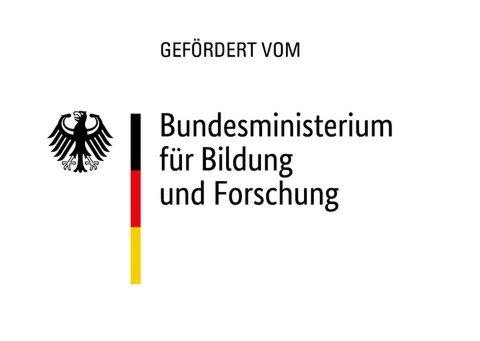
The generation of iPSC-derived gametes, their genetic alteration, and their use for research, therapeutic or reproductive purposes raise intriguing and fundamental legal questions. Researchers from the University of Passau examine these in an interdisciplinary team.
Somatic cells can be reprogrammed into induced pluripotent stem cells (iPSC). In light of recent experiments, it might be possible to differentiate human iPSC into human gametes, i.e. sperm cells and oocytes (iPSC-derived gametes). In addition, such gametes could be genetically modified easily, precisely and efficiently applying innovative molecular techniques.
The generation of iPSC-derived gametes, their genetic alteration, and their use for research, therapeutic or reproductive purposes raise intriguing and fundamental legal questions which have not been systematically identified and comprehensively explored so far. Researchers from the University of Passau examine these questions in an interdisciplinary team.
"Naturalness" as a legal argument?
Constitutional problems will arise, e.g., with regard to human dignity, physical integrity, reproductive self-determination and data protection. On the level of ordinary laws, e.g., the Embryo Protection Act (EPA), the Medicinal Products Act (MPA) and the Patent Act (PA) will play a decisive role. A recurrent topic will be the basis and persuasiveness of "naturalness" as a legal argument. In close interdisciplinary collaboration with the ethical and biological subprojects, the legal subproject will screen, and recommend appropriate amendments to the current legal framework taking into account foreign regulatory frameworks and international instruments.
The legal subproject will analyze in-depth the legal issues surrounding the generation, modification and use of human iPSC-derived gametes. It will thoroughly and comprehensively systemize and answer the enormous variety of legal questions. Findings and insights of the ethical and biological subprojects will be directly relevant for the exhaustive scrutiny of the arising legal problems.
Hypotheses
The legal analysis will draw on two central hypotheses:
Objectives
The legal subproject pursues the following four overall objectives:
The field of legal research will be marked, for the time being, by four aspects which feature specific characteristics of iPSC-derived gametes: "artificiality", "availability", "usability", "manipulability".
Expected results
The thorough analysis of the legal issues will allow for a critical review of the current legal framework applicable to the generation, modification and use of iPSC-derived gametes. The expected results of that review will be in essence:
Participation
Prof. Dr. Dr. Thomas Heinemann, holder of the Chair of Ethics, Theory and History of Medicine at the College of Philosophy and Theology Vallendar (PTHV), coordinates the interdisciplinary research team. Prof. Dr. Tobias Cantz, Member of, and Work Group Leader within, the Excellence Cluster REBIRTH at the Hannover Medical School, contributes findings from developmental biology and stem cell-based medicine. The Federal Ministry of Education and Research (BMBF) supports the project.
| Principal Investigator(s) at the University | Prof. Dr. Hans-Georg Dederer (Lehrstuhl für Staats- und Verwaltungsrecht, Völkerrecht, Europäisches und Internationales Wirtschaftsrecht) |
|---|---|
| Project period | 01.06.2016 - 31.05.2019 |
| Website | http://www.jura.uni-passau.de/dederer/bmbf-projekte/bmbf-projekt-iii/ |
| Source of funding |

BMBF - Bundesministerium für Bildung und Forschung
|
| Projektnummer | 01GP1604B |
| Themenfelder | Rechtswissenschaften, Geschichte der Medizin, Rechtswissenschaften, Medizin, Medizin |